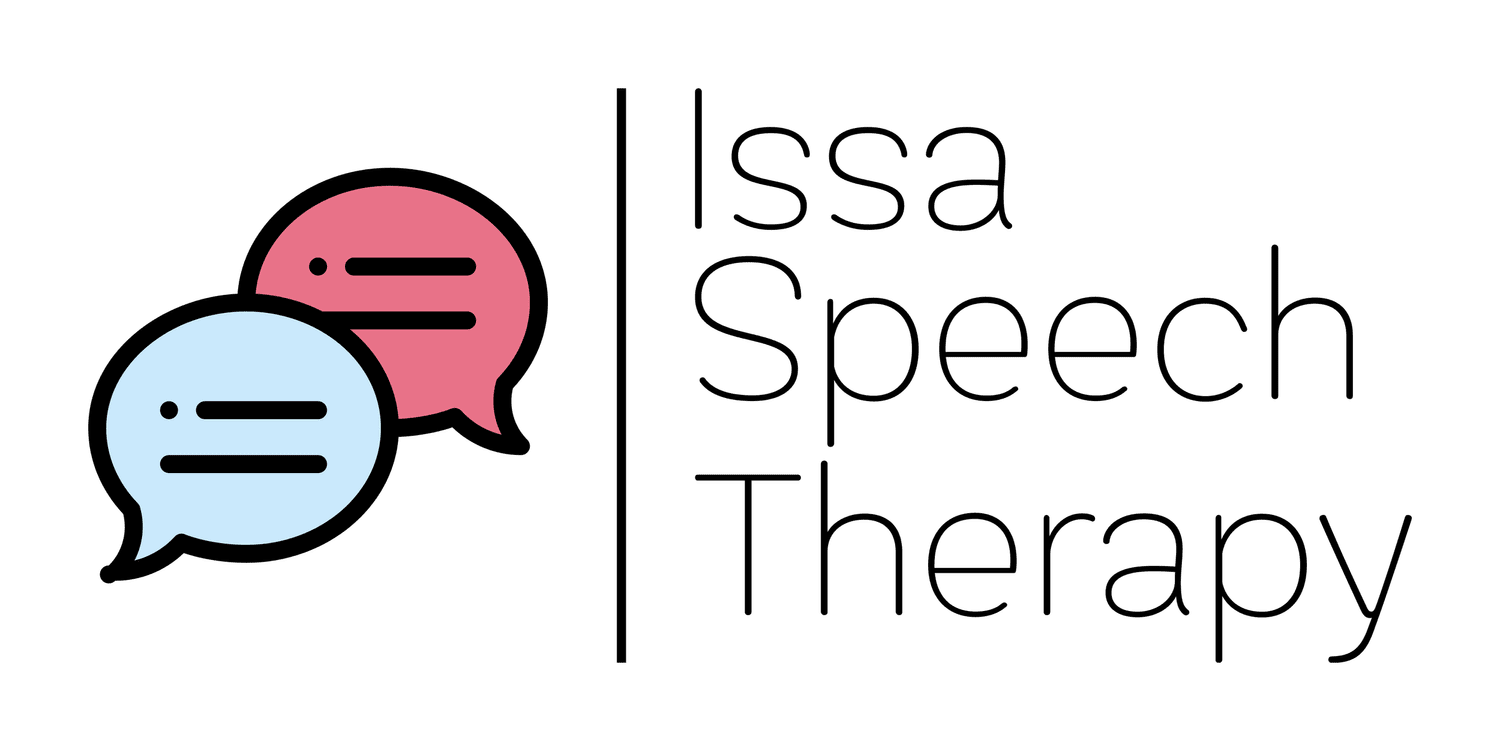
Language Disorders
Language disorders can pose challenges to a child's communication skills, but with early identification and intervention, we can help children overcome these obstacles and thrive in their language development journey.
What are Language Disorders?
Language disorders refer to difficulties in understanding or using spoken or written language. These disorders can manifest in various forms, affecting a child's ability to communicate effectively with others, express thoughts, and comprehend information. There are two primary types of language disorders:
a. Receptive Language Disorder: This involves difficulty in understanding language, including following directions, comprehending questions, and grasping spoken or written information.
b. Expressive Language Disorder: This type affects a child's ability to express thoughts and ideas through language, leading to challenges in formulating sentences, using appropriate vocabulary, and conveying thoughts effectively.
Common Causes of Language Disorders:
Language disorders can have multiple underlying causes, and pinpointing the exact reason can be complex. Some common factors contributing to language disorders include:
Genetic Factors: A family history of language disorders can increase the risk of a child developing similar challenges.
Neurological Factors: Brain injuries, abnormal brain development, or neurological conditions may impact language processing abilities.
Environmental Factors: A lack of language-rich experiences or exposure to a language-rich environment during early childhood can hinder language development.
Hearing Impairment: Hearing loss can significantly affect a child's language acquisition and communication skills.
Premature Birth or Low Birth Weight: Children born prematurely or with low birth weight may be at a higher risk of language disorders.
Symptoms of Language Disorders:
Recognizing the signs of language disorders is essential for early intervention. Some common symptoms to look out for include:
Limited vocabulary for their age.
Difficulty understanding or following instructions.
Struggling to express thoughts or ideas clearly.
Challenges in organizing sentences or using proper grammar.
Reduced social interactions and difficulties making friends due to communication barriers.
Treatment of Language Disorders
Effective treatment for language disorders involves a comprehensive approach, personalized to each child's unique needs. Our speech therapy services include:
Speech and Language Therapy: Tailored therapy sessions to address specific language difficulties, focusing on improving comprehension, expression, and communication skills.
Early Intervention: Identifying and addressing language disorders as early as possible, allowing for timely support and intervention.
Parent/Caregiver Involvement: Collaboration with parents and caregivers to reinforce language development strategies at home, promoting consistent progress.
At Issa Speech Therapy we are dedicated to helping children overcome language difficulties and reach their full communication potential. By recognizing the symptoms early on and providing personalized intervention, we can create a nurturing environment where language skills flourish. Together, we can empower your child with the necessary tools to communicate confidently and succeed in both social interactions and academic pursuits. Remember, your child's journey towards improved language skills starts with a supportive and caring approach, and we are here to guide you every step of the way.

